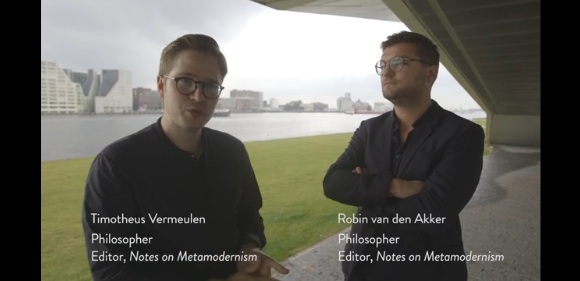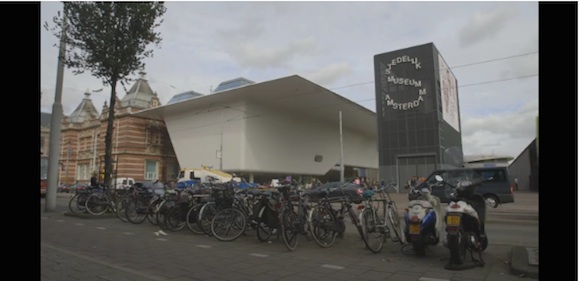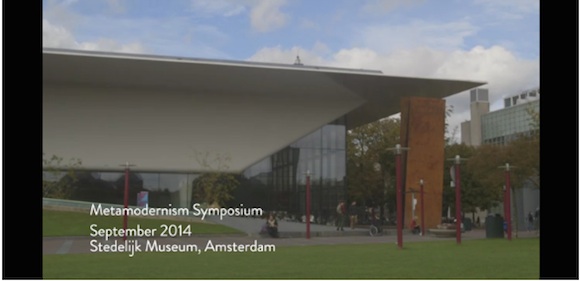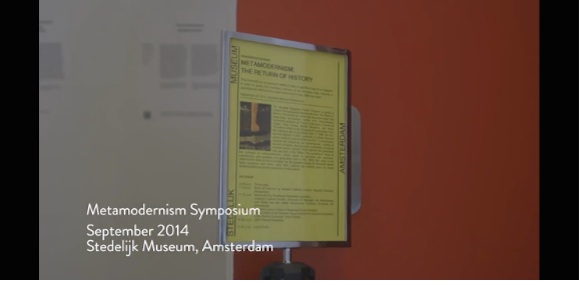Metamodernism: Post-irony, new forms of sincerity and informed naivety
What is Metamodernism?
In the 90s and the early 2000s it’s fair to say we grew up with a particular outlook on life, one of irony, of deconstruction and cynicism. This was noticeable in the music of Nirvana and Radiohead, in the books of Michel Houellebecq and Bret Easton Ellis, and we saw it in the arts with the YBAs and Jeff Koons. This is very much a sensibility that spoke to us, that we embraced.
That time was summed up by a sense of boredom in culture. This is it? And what now?
Throughout the 2000s we began noticing – as many people did and many have written about this – slight changes. First you get the complete reappraisal of writers such as David Foster Wallace, who started in the 90s but suddenly became big in the early 2000s. And you had sincere movies by Wes Anderson and Michel Gondry. This was all very different from the kind of stuff we grew up with. Something was changing. The irony of Nirvana, the desperation of Radiohead, the cynicism of Michel Houellebecq were replaced by something that was at once still cynical, still ironic and had an acknowledgement of how the world worked, but at the same time seemed to want more.
Metamodernism is an attitude but we would also describe it as a structure, a feeling. And this is how Fredric Jameson describes postmodernism, as a cultural logic, a cultural dominant, but you can’t pin it down, it is something evasive and fleeting. Within postmodernism there was space for emancipatory movements like civil rights and feminism, these micro-narratives emerged.
Jameson describes postmodernsim as senses of an end. This is how he starts his book: “It seems everywhere and nowhere that things are coming to an end, at least in debate.” And that moment of the end of art, the end of the social, the end of ideology, the end of history, that sensibility is what we call postmodernism.
The metamodern sensibility is not about irony but post-irony, new forms of sincerity, we call it informed naivety.
We have all been trained with The Simpsons and Seinfeld and South Park to first and foremost be ironic. To be sincere, to want to go forward, becomes a performance.
Timotheus Vermeulen + Robin van den Akker
Co-editors, Notes On Metamodernism/organisers of the symposium Metamodernism – The Return Of History at the Stedelijk Museum, Amsterdam, September 2014.
Nummer Acht, Everything Will be Alright, Guido van der Werve, 2007:
Visit Notes On Metamodernism here.
Fredric Jameson’s Postmodernism: Or The Cultural Logic of Late Capitalism is here.





